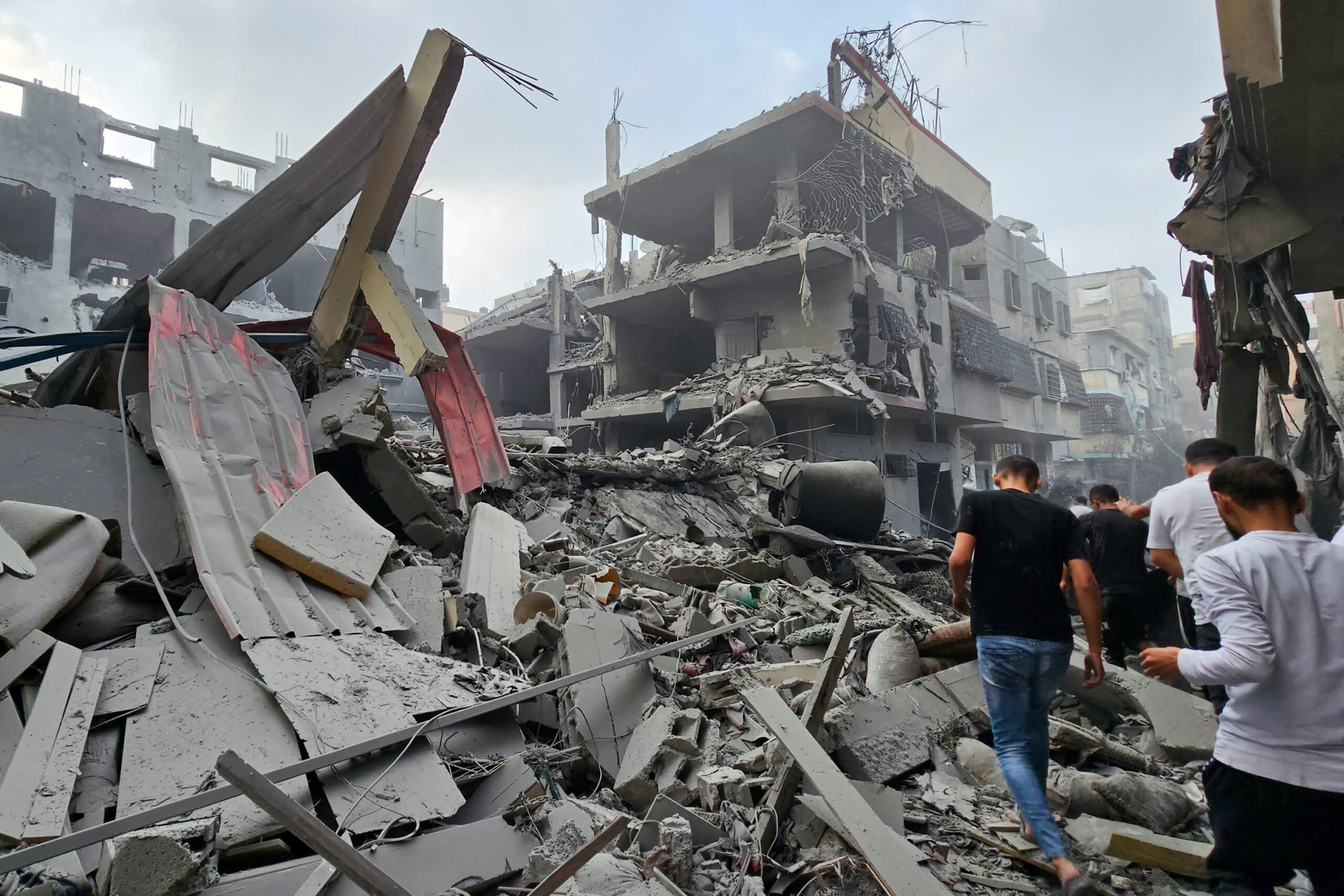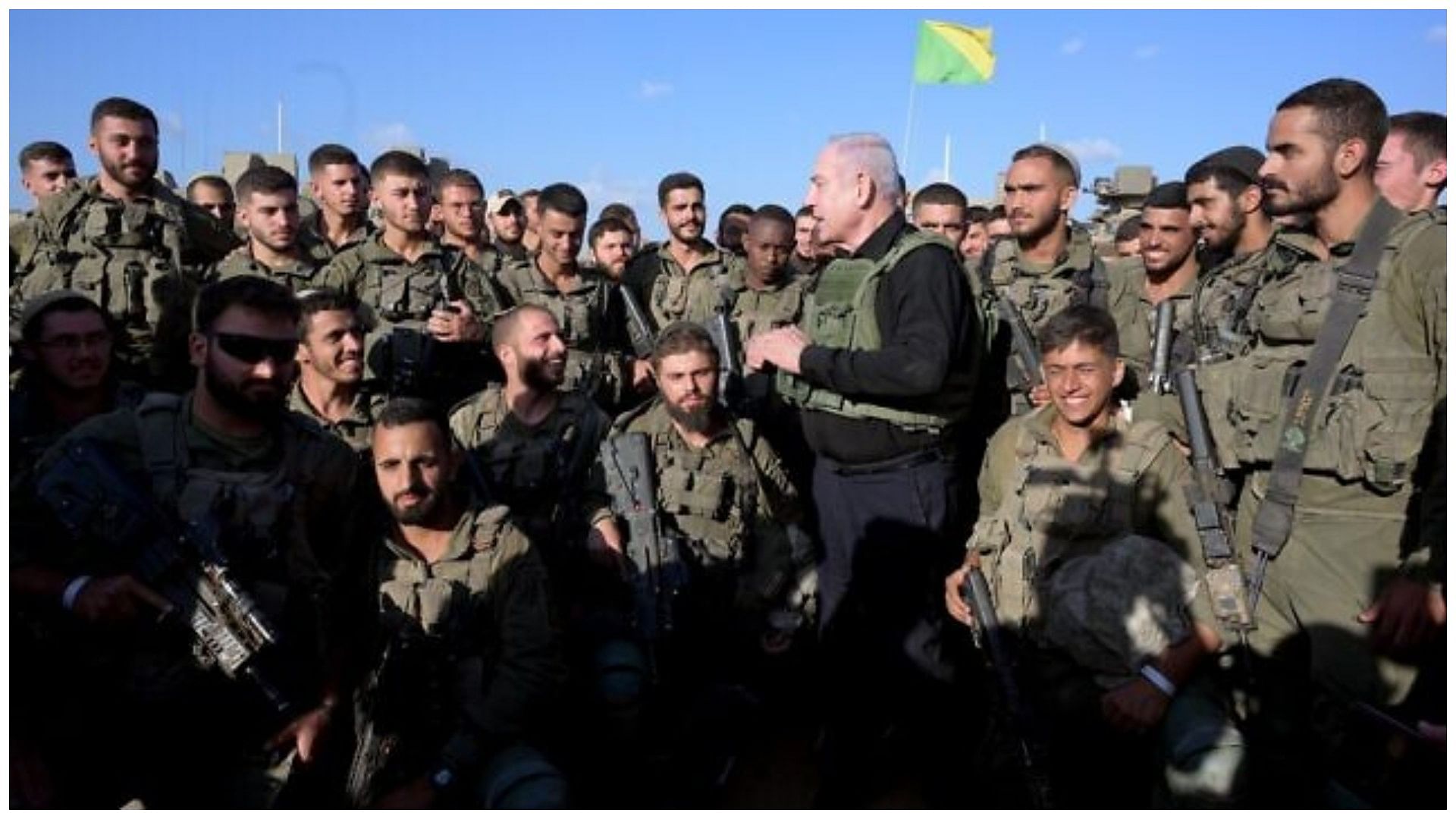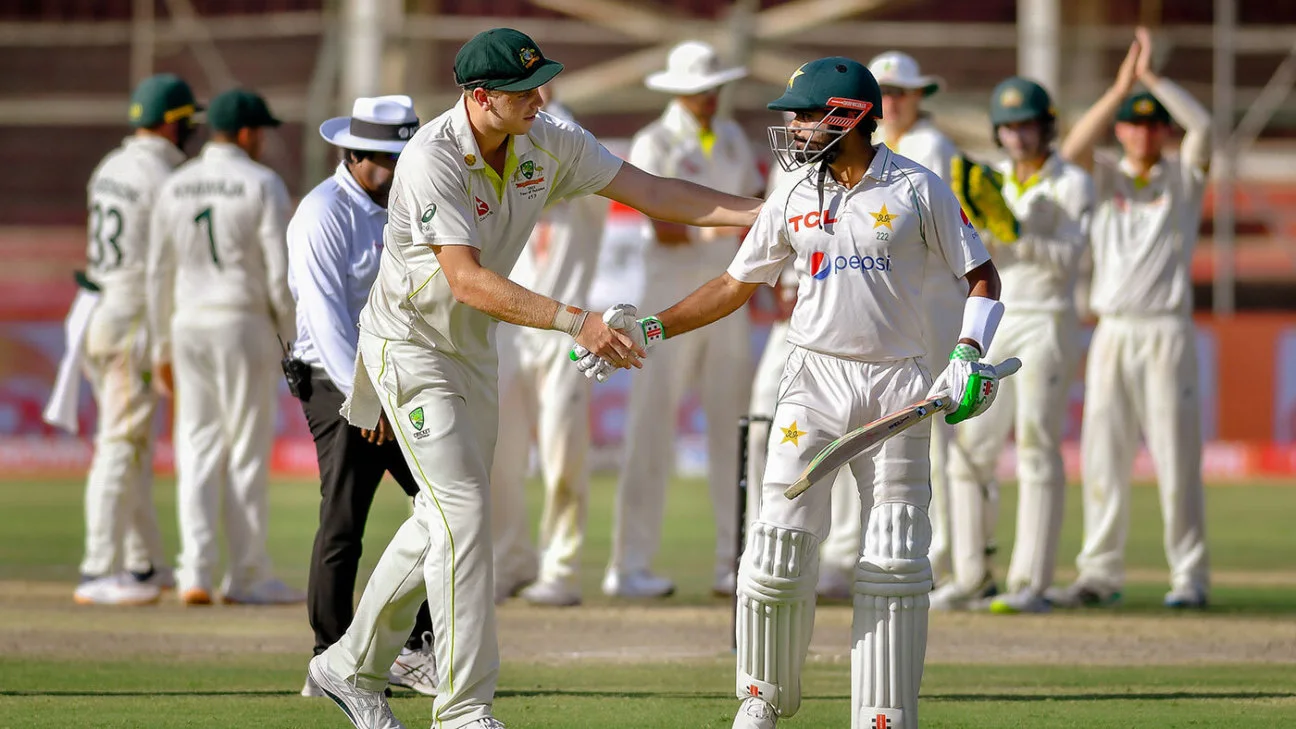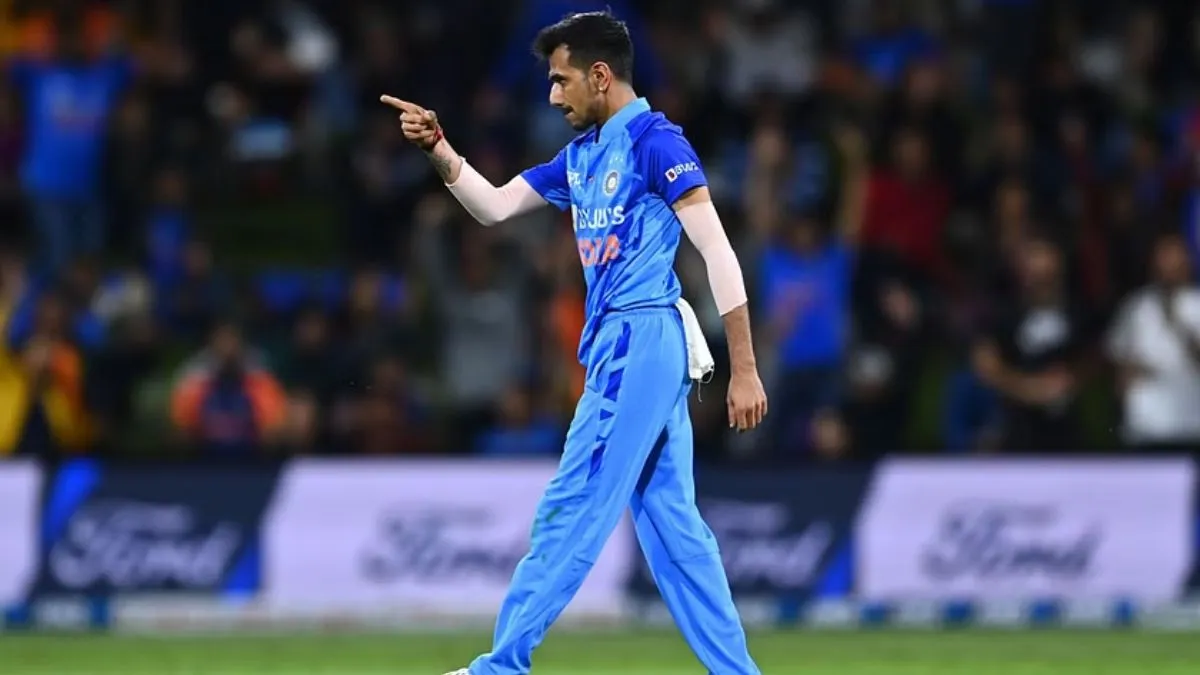India is closely monitoring the Israel-Hamas conflict, expressing concern over the humanitarian crisis in Gaza. It abstained from the UN’s resolution calling for a lasting truce, condemning Hamas and terror attacks on Israel, and advocating for a political solution.
What is the history of Israel-Palestine conflict?
The conflict between Israel and Palestine is a protracted, intricate matter that has persisted for more than a century. The struggle had its beginnings in the late 1800s, when Zionists attempted to create a Jewish state in Palestine, which was under Ottoman rule. Jewish immigrants began to pour into the area after the British government’s 1917 Balfour Declaration, which supported the notion of a Jewish nation in Palestine. Israel was founded in 1948 as a result of growing international demand for the foundation of a Jewish state in Palestine in the wake of World War II and the Holocaust.
A protracted confrontation between Israel and the Palestinian people began with the creation of Israel and the wars that preceded and followed it, which resulted in the forced migration of hundreds of thousands of Palestinians into exile.
Violence has characterized the conflict, including Israeli military operations and terrorist acts by Palestinian militants. Over the years, several peace talks have taken place, but a long-lasting peace deal has proven elusive. The problem of Israeli settlements in the West Bank, Jerusalem’s status, and the eventual destiny of Palestinian refugees are only a few of the numerous challenges that still face peace efforts led by the United States and other nations.
For more news: England vs Sri Lanka
What is the two-state solution?
A concept known as the “two-state solution” calls for creating two states—Palestine for the Palestinian people and Israel for the Jewish people—in order to end the Israeli-Palestinian conflict. West of the Jordan River, an independent State of Palestine is to be established next to the State of Israel. The two states’ border is still open for debate and discussion. The leadership of the Palestinian and Arab organisations wants Israel to completely withdraw from the areas it captured in 1967, a demand Israel rejects. ³. Israel would continue to annex the portion of the old Mandate Palestine, including West Jerusalem, that was not a part of the Palestinian State. The concept of a two-state solution has been embraced by the Palestinian leadership since the 1982 Arab Summit in Fez, and in 2017 Hamas accepted the idea of a Palestinian state within the 1967 borders. However, moves by Palestinian leaders to obtain international recognition of a State of Palestine have been viewed by Israel as unilateral action and inconsistent with a negotiated two-state solution.
Since the UN Partition Plan of 1947, many countries have backed the two-state option as the best feasible resolution to the Israeli-Palestinian issue. There are still a lot of issues to be resolved, including as Jerusalem’s status, Israeli settlements in the West Bank, and the eventual destiny of Palestinian refugees.

How has India supported Palestine in the past?
The creation of a “sovereign, independent, and viable state of Palestine” has long been supported by India. India issued a financial support bestow of US$ 10 million in 2008, and it has provided Palestine with fiscal help of US$ 30 million. India has furthermore given food and medical supplies to Palestine as humanitarian aid.




